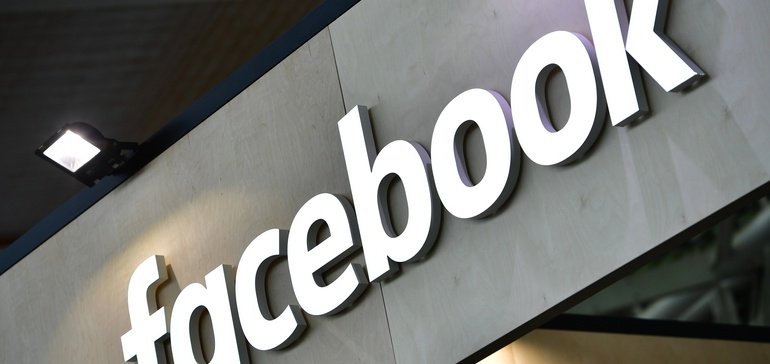Mobile App Development, SEO, Social Media, Uncategorized, Web Development, Website Design
Facebook to Face Heavy Fines for Allowing Young Users to Sign-Up to its Platforms Under Proposed Australian Law
- By Brett Belau
25 Oct

The Australian Government will consider a new bill that would force social media companies to obtain parental consent for users under the age of 16, of face hefty fines if caught.
Which seems largely impossible to enforce effectively, but the draft legislation outlines that social media apps would be required to “take all reasonable steps to determine users’ ages and prioritize children’s interests when collecting data”.
That leaves a lot of wriggle room, as ‘reasonable’ in this context seems fairly broad. But nevertheless, the new enforcement initiative could boost Australia’s social media regulations, and make it one of the most stringent regions for age control in the world, if enacted.
As per Reuters:
“The new law would raise penalties for any breaches of the code, with fines of either 10% of the company’s domestic annual turnover, three times the financial benefit of the breach or A$10 million ($7.5 million). The current maximum fine is A$2.1 million.”
The move comes in the wake of recent reports, based on Facebook’s own research, which show that Instagram can have significant mental health impacts for young users, a finding which various other independent studies have also deduced.
Facebook has refuted such claims, noting that the research referred to was only based on responses from 40 users, and was not be used as a broadly indicative measure. But still, amid the broader narrative that Facebook prioritizes growth, often above all else, it’s not a great look for The Social Network, and it could see more regulatory initiatives like this gain more momentum over the coming months.
Which could have a big impact on how Facebook, and social media platforms more broadly, operate. If social apps are forced to implement more stringent measures, under threat of such heavy fines, each will need to reassess the viability of their apps in these markets, which could even see some removed from certain regions.
To be clear, neither Facebook nor any other platform hasn’t gone this far as yet, but Facebook did deactivate news Pages entirely on its platform earlier in the year, in response to another Australian Government initiative, and if the regulations around what “take all reasonable steps” means in this context actually add more complexity to enforcement efforts than they’re worth, we could, again, see some companies considering the removal certain elements to avoid any risk.
In a broader sense, it’ll also be interesting to see the actual details of the Australian proposal, and how they may be applied in other regions. Governments and regulators around the world are now looking at Facebook, and its impacts, with the latest insights into its effects now available for all to see.
Will that lead to stricter regulation?
I mean, the real question is ‘what’s the alternative?’ It’s one thing to say ‘Facebook’s bad, someone should do something about it’, and another to actually enact effective rules.
Which, again, is why proposals like this are interesting, in that they put Facebook’s policies and processes to the test. And while most of these pushes end up petering out or merging into a less impactful settlement, the momentum does seem to be swaying more heavily against The Social Network in such decisions.
Source: www.socialmediatoday.com, originally published on 2021-10-25 17:27:22
Connect with B2 Web Studios
Get B2 news, tips and the latest trends on web, mobile and digital marketing
- Appleton/Green Bay (HQ): (920) 358-0305
- Las Vegas, NV (Satellite): (702) 659-7809
- Email Us: [email protected]

© Copyright 2002 – 2022 B2 Web Studios, a division of B2 Computing LLC. All rights reserved. All logos trademarks of their respective owners. Privacy Policy

![How to Successfully Use Social Media: A Small Business Guide for Beginners [Infographic]](https://dev.b2webstudios.com/storage/2023/02/How-to-Successfully-Use-Social-Media-A-Small-Business-Guide-85x70.jpg)



![How to Successfully Use Social Media: A Small Business Guide for Beginners [Infographic]](https://dev.b2webstudios.com/storage/2023/02/How-to-Successfully-Use-Social-Media-A-Small-Business-Guide-300x169.jpg)


Recent Comments